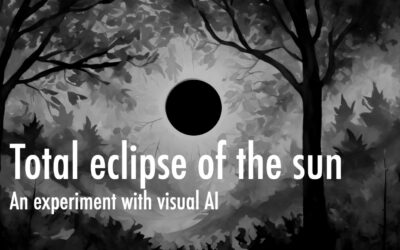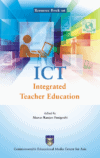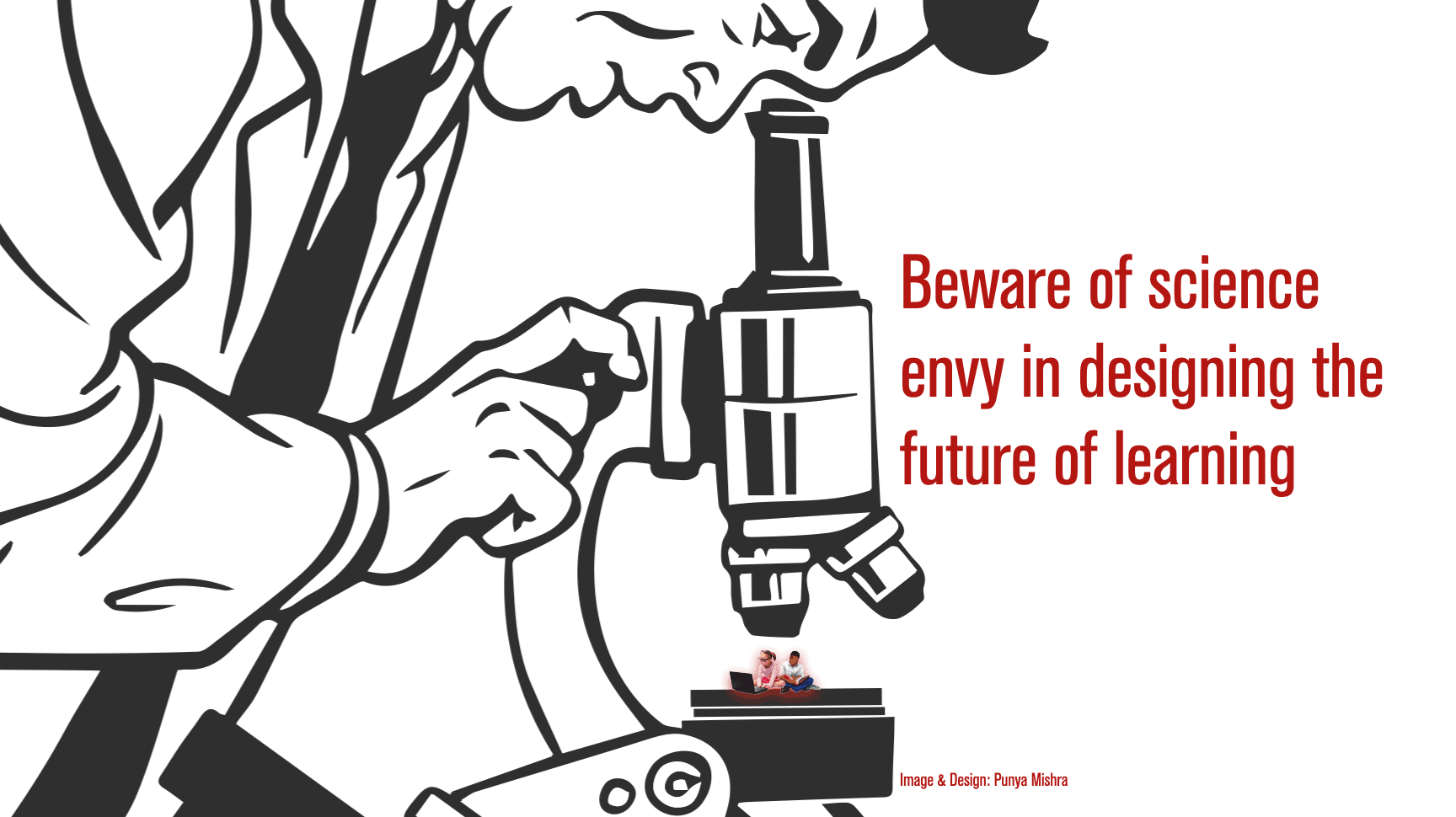Arthur C. Clarke, popularizer of science and science fiction writer died today. He was 90. Clarke was one of my favorite authors growing up  though I haven’t read him in a while. I still remember the thrill I felt when I read the last sentence of “Rendezvous with Rama” – that moment stays with me till this day. [No spoilers here.] I attribute my aspiring to be a vegetarian (however miserably I have have failed at that) to my reading of his novel “Deep Range.” I also remember being pleased by the fact that he had won the Kalinga Prize for science popularization (the only such award in the world). Kalinga is the ancient name for Orissa, the state in India where I am from. It is funny but I felt this personal connection with Clarke about that (however ephemeral the connection may be, but again I was young).
though I haven’t read him in a while. I still remember the thrill I felt when I read the last sentence of “Rendezvous with Rama” – that moment stays with me till this day. [No spoilers here.] I attribute my aspiring to be a vegetarian (however miserably I have have failed at that) to my reading of his novel “Deep Range.” I also remember being pleased by the fact that he had won the Kalinga Prize for science popularization (the only such award in the world). Kalinga is the ancient name for Orissa, the state in India where I am from. It is funny but I felt this personal connection with Clarke about that (however ephemeral the connection may be, but again I was young).
I honestly haven’t thought about him for a while, having pretty much moved beyond science fiction in my reading. That said, Clarke’s legacy lives on every time we use a cell phone or watch satellite TV or use a GPS navigation system. He was the first person to put forth the idea of a geo-stationary orbit and how three satellites precisely located could cover the entire earth. Incidentally, I have read that he refused to patent this idea, which could have made him a very rich man, mainly because he felt that this insight was something that ought to be shared by all humanity.
One of the many obituaries we can read online said that Clarke wished to be remembered “most as a writer, one who entertained readers and hopefully stretched their imaginations as well.” I am not sure Clarke was a great writer, his plots were straightforward, his narratives and characterizations almost simplistic, if not naive. But what cannot be doubted is that he achieved both of the goals he had set for himself, he entertained and stretched our imaginations never losing sight of the transformative power of science and rationality.




0 Comments